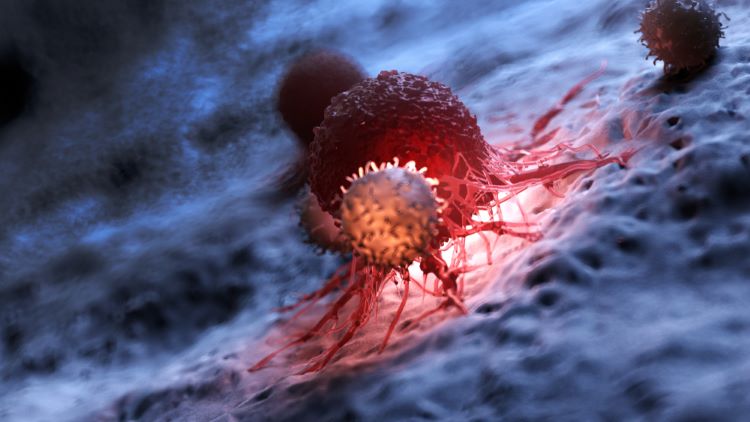ADC demonstrates meaningful survival data for HER2 cancers
Posted: 27 July 2023 | Catherine Eckford (European Pharmaceutical Review) | No comments yet
Topline data from a Phase II trial signify a significant step forward for ENHERTU® (trastuzumab deruxtecan) in its potential to provide a new option in HER2 expressing cancers.


ENHERTU® (trastuzumab deruxtecan) has demonstrated clinically meaningful progression-free survival (PFS) and overall survival (OS) in topline results from the primary analysis of the ongoing DESTINY-PanTumor02 Phase II trial.
The data was for previously treated patients across multiple HER2 expressing advanced solid tumours, two secondary endpoints.
ENHERTU, a HER2 directed antibody drug conjugate (ADC) anti-cancer treatment, is being jointly developed and commercialised by Daiichi Sankyo and AstraZeneca.
Topline data from the primary analysis
In the primary analysis, ENHERTU also continued to show durable responses based on objective response rate (ORR), the trial’s primary endpoint, and duration of response (DoR), a secondary endpoint. This reinforces results from an interim analysis of the trial that were presented at the 2023 American Society of Oncology (ASCO) annual meeting.
The Phase II trial is evaluating the efficacy and safety of the treatment in patients with previously treated locally advanced, unresectable or metastatic HER2 expressing solid tumours not eligible for curative therapy. These cancers include biliary tract, bladder, cervical, endometrial, ovarian and pancreatic.
These data will be presented at an upcoming medical meeting and will support ongoing discussions with global health authorities.
“The overall survival demonstrated by ENHERTU in these patients is a significant step forward in the potential to advance current standards of care and offer new options for patients with HER2 expressing cancers”
Based on these updated results: “The overall survival demonstrated by ENHERTU in these patients is a significant step forward in the potential to advance current standards of care and offer new options for patients with HER2 expressing cancers,” according to Dr Mark Rutstein, Global Head of Oncology Development at Daiichi Sankyo.
“With a high unmet need in these cancers, we are working with health authorities to bring ENHERTU to patients with HER2 expressing cancers that could potentially benefit from this medicine as quickly as possible,” added Dr Cristian Massacesi, Chief Medical Officer and Oncology Chief Development Officer for AstraZeneca.
What is ENHERTU’s design?
ENHERTU consists of a HER2 monoclonal antibody (mAb) attached to a topoisomerase I inhibitor payload, an exatecan derivative, via a stable tetrapeptide-based cleavable linker.
Related topics
Anti-Cancer Therapeutics, Big Pharma, Biopharmaceuticals, Clinical Development, Clinical Trials, Drug Development, Drug Safety, Industry Insight, Research & Development (R&D), Therapeutics









